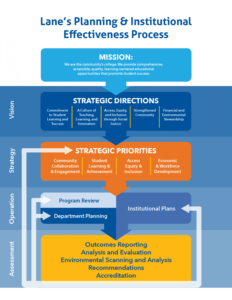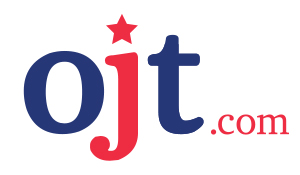Construct Your Future!
The Advanced Technology office will be closed in bldg. 15 room 201. Staff will be working remotely and responding to emails and phone messages on a regular basis.
Apprentices learn the aspects of a highly skilled profession through on-the-job training and related classroom instruction, while being sponsored by individual employers. There’s a wide range of occupations available, from carpenter to electrician. Apprenticeships usually last 2 to 4 years with a minimum of 144 hours of related training required per year for most trades.
Generally, minimum qualifications for an apprenticeship include a high school diploma or GED, minimum of a ‘C’ grade for one year of high school algebra (or equivalent Math 60/65, or Math 70), and applicant must be at least 18 years of age.
Benefits of Apprenticeship include:
- Paid employment during training with progressive wage increases
- Opportunity to learn skills needed by employers throughout the industry
- A more secure career and the ability to adapt to new job requirements
- Credit towards an AAS degree or Certificate for completion of apprenticeship program
Find out more about Apprenticeship in Oregon:
Vision
Transforming lives through learning
Mission
Lane is the community’s college: we provide comprehensive, accessible, quality, learning-centered educational opportunities that promote student success
Values
Learning
- Working together to create a learning-centered environment
- Recognizing and respecting the unique needs and potential of each learner
- Fostering a culture of achievement in a caring community
Diversity
- Welcoming, valuing and promoting diversity among staff, students and our community
- Cultivating a respectful, inclusive, and accessible working and learning environment
- Working effectively in different cultural contexts to serve the educational and linguistic needs of a diverse community
- Developing capacity to understand issues of difference, power, and privilege
Innovation
- Supporting creativity, experimentation, and institutional transformation
- Responding to environmental, technological, and demographic changes
- Anticipating and responding to internal and external challenges in a timely manner
- Acting courageously, deliberately, and systematically in relation to change
Collaboration and Partnership
- Promoting meaningful participation in governance
- Encouraging and expanding partnerships with organizations and groups in our community
Integrity
- Fostering an environment of respect, fairness, honesty, and openness
- Promoting responsible stewardship of resources and public trust
Accessibility
- Strategically growing learning opportunities
- Minimizing financial, geographical, environmental, social, linguistic, and cultural barriers to learning
Sustainability
- Integrating practices that support and improve the health of systems that sustain life
- Providing an interdisciplinary learning environment that builds understanding of sustainable ecological, social, and economic systems, concern for environmental justice, and the competence to act on such knowledge
- Equipping and encouraging all students and staff to participate actively in building a socially diverse, just, and sustainable society, while cultivating connections to local, regional, and global communities.
MOST CLASSES AND SERVICES ARE OFFERED REMOTELY DUE TO COVID-19. CAMPUS ACCESS IS RESTRICTED. LEARN MORE
LCC Accreditation Accomplishments
Planning and Institutional Effectiveness (PIE)
Lane’s integrated planning and institutional effectiveness model is designed to support and further the college’s mission, with a focus on student learning and success. The model forms the basis for regular and effective assessment, improvement, accomplishment, and adaptation.
Strategic Directions are established every five years as part of a comprehensive strategic planning process that identifies priority actions needed to support and improve achievement of Lane’s mission, as measured by institutional indicators. Strategic Priorities are established biennially to identify priority areas of focus for the College, based upon assessment of progress toward strategic direction objectives and outcomes, internal and external environmental scanning. Program Review and Department Planning support strategic directions and priorities by operationalizing priorities and improvements at the program and service level.











